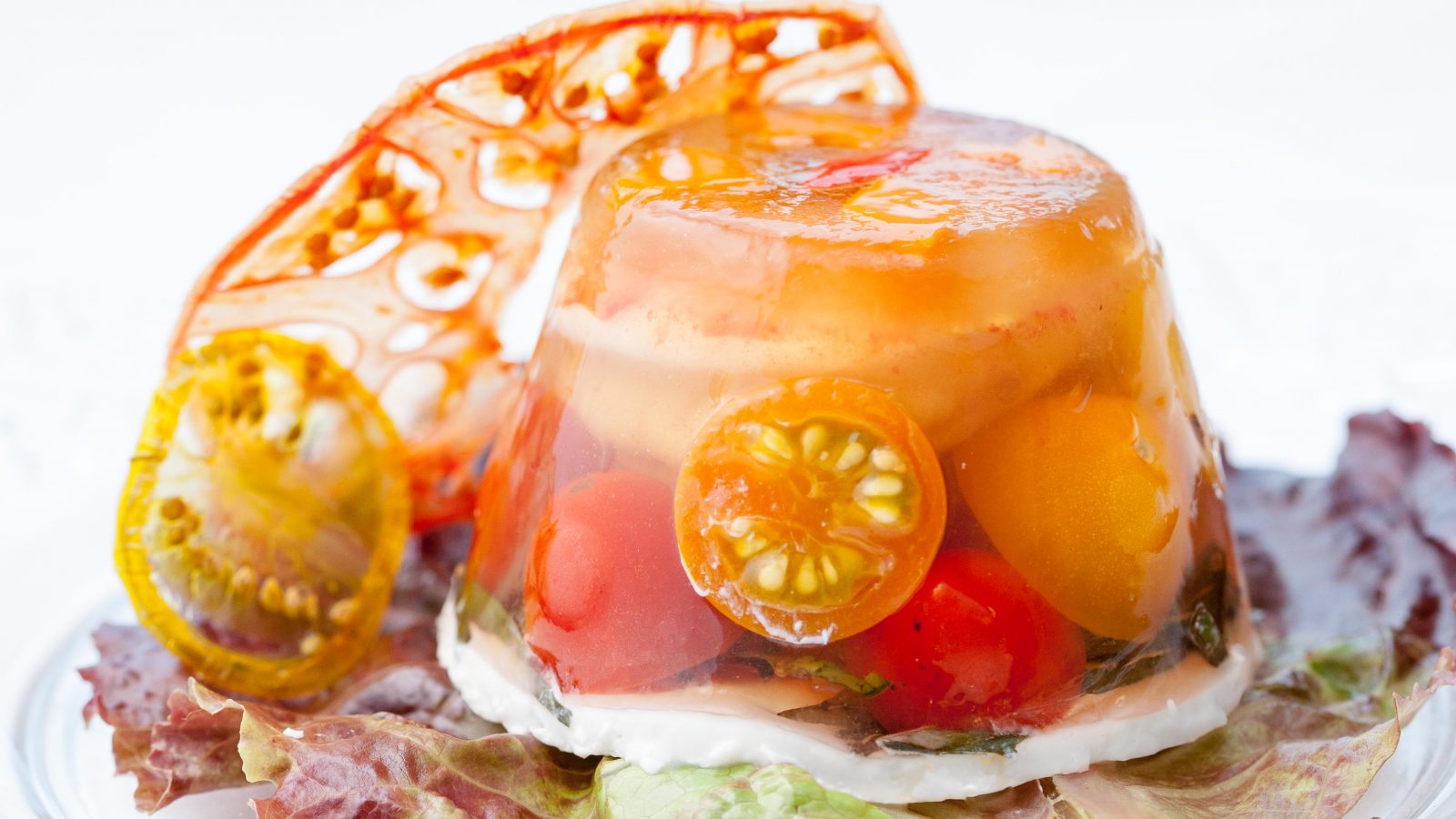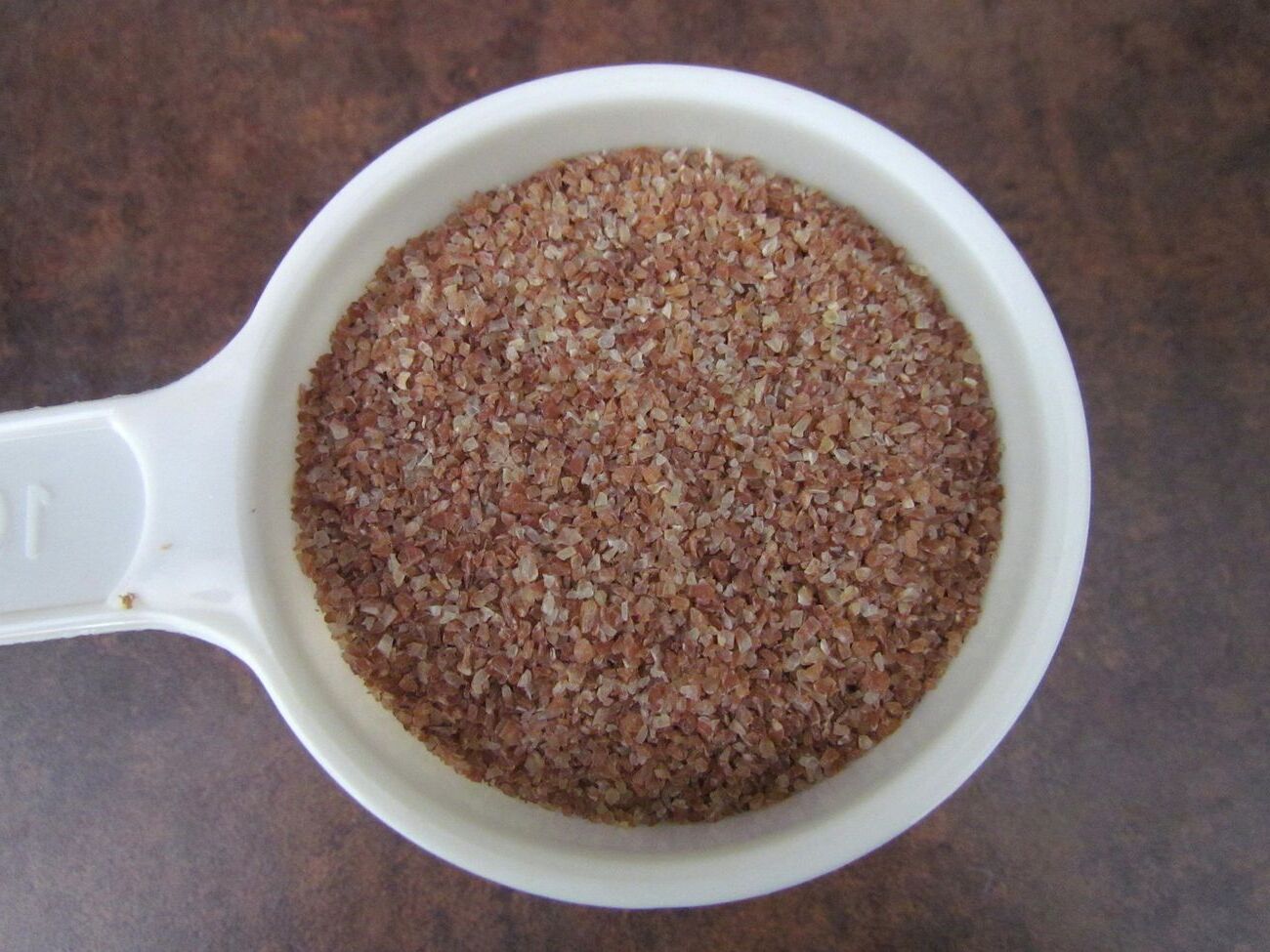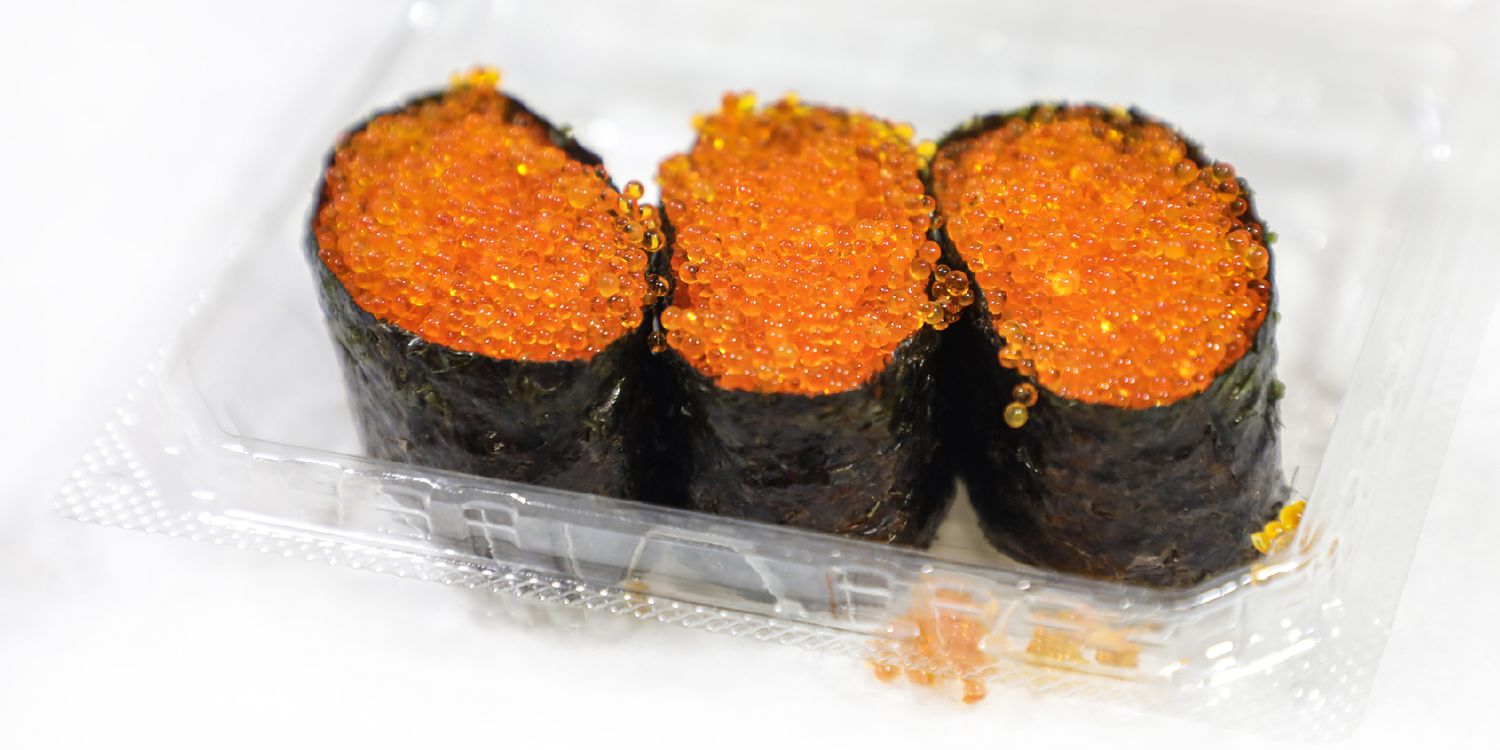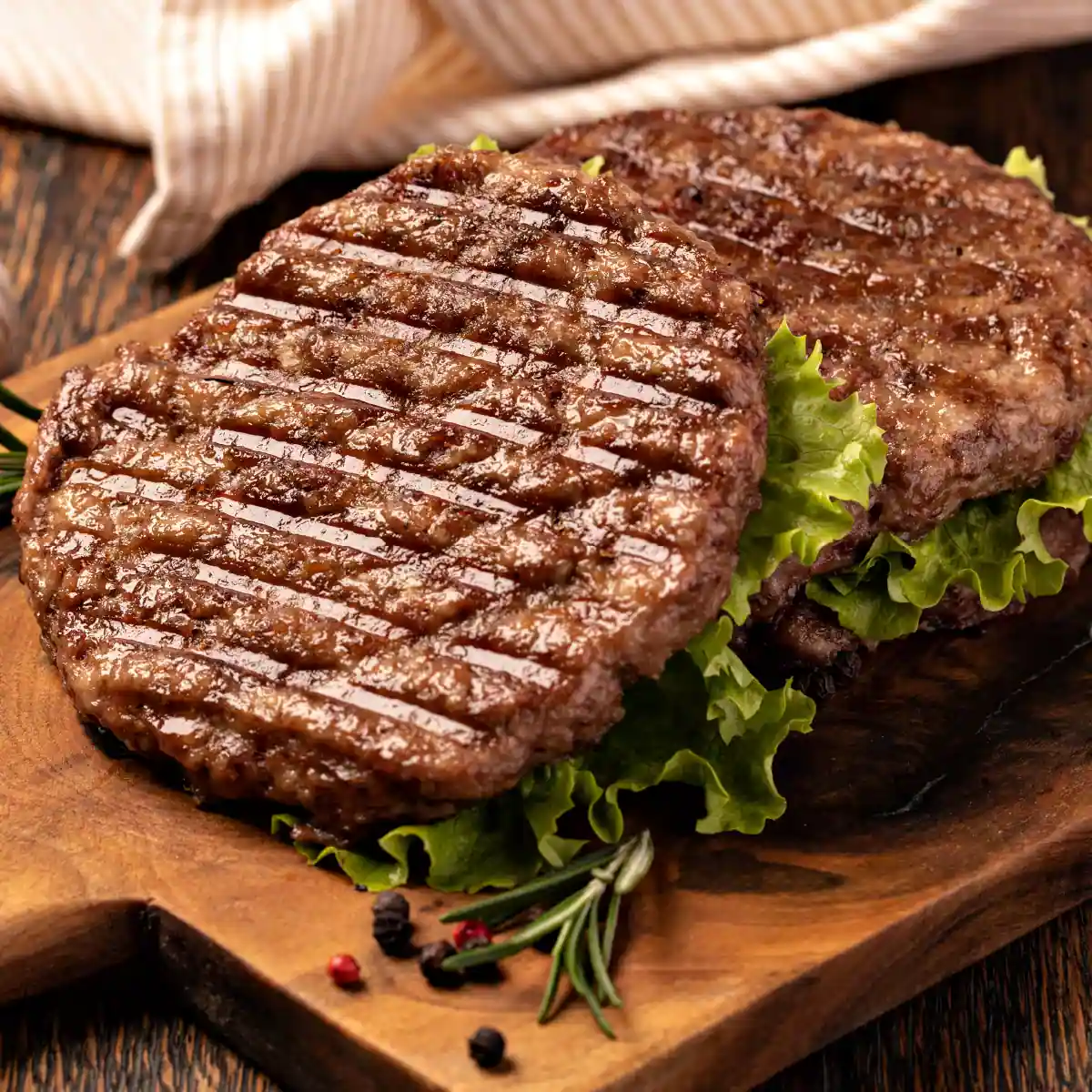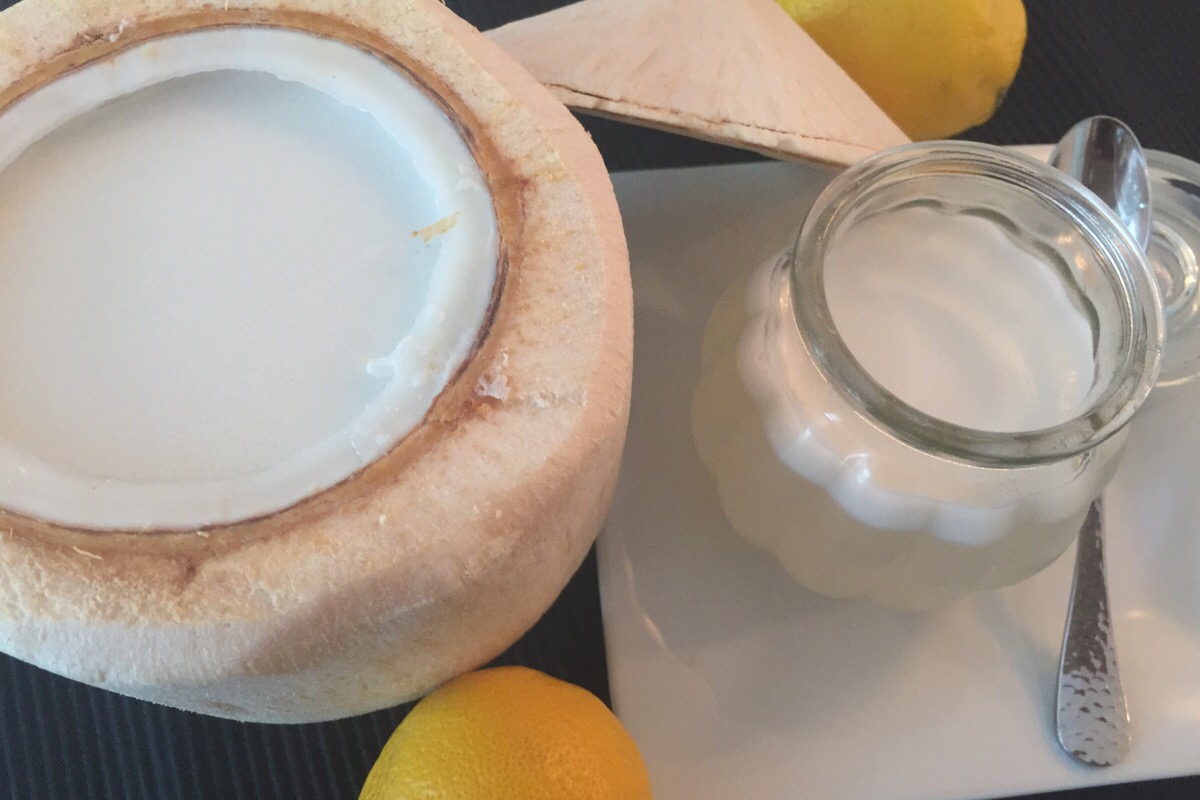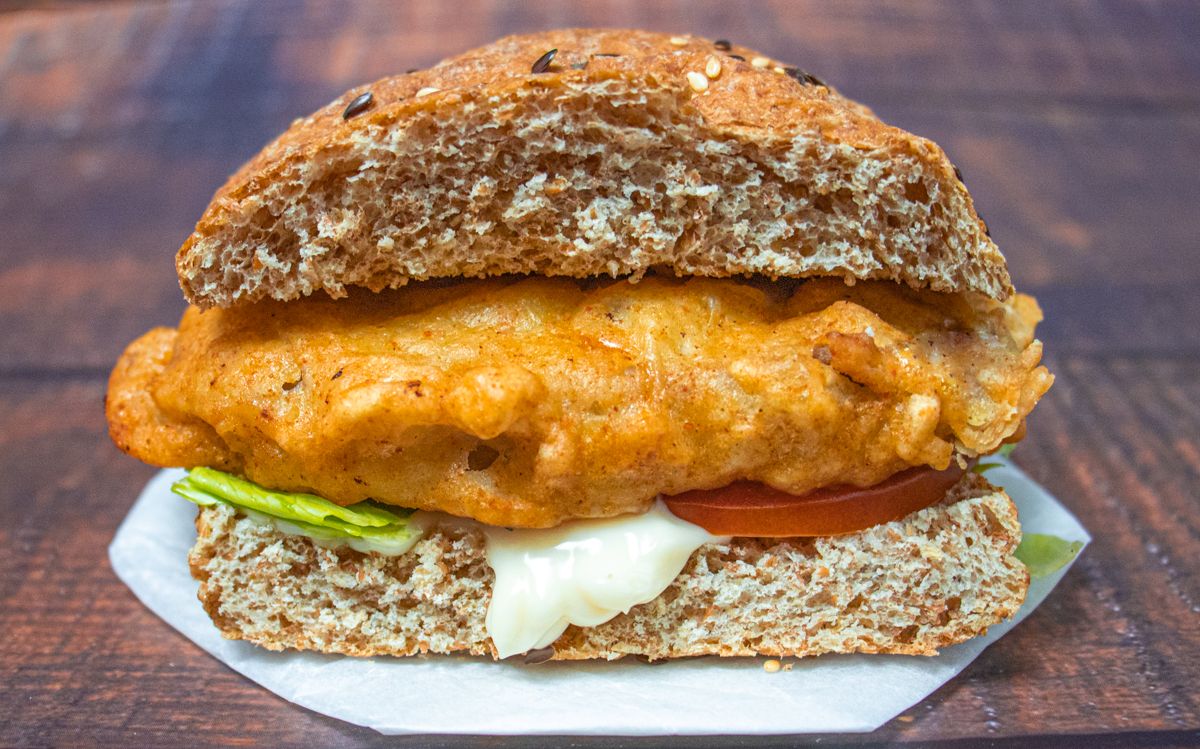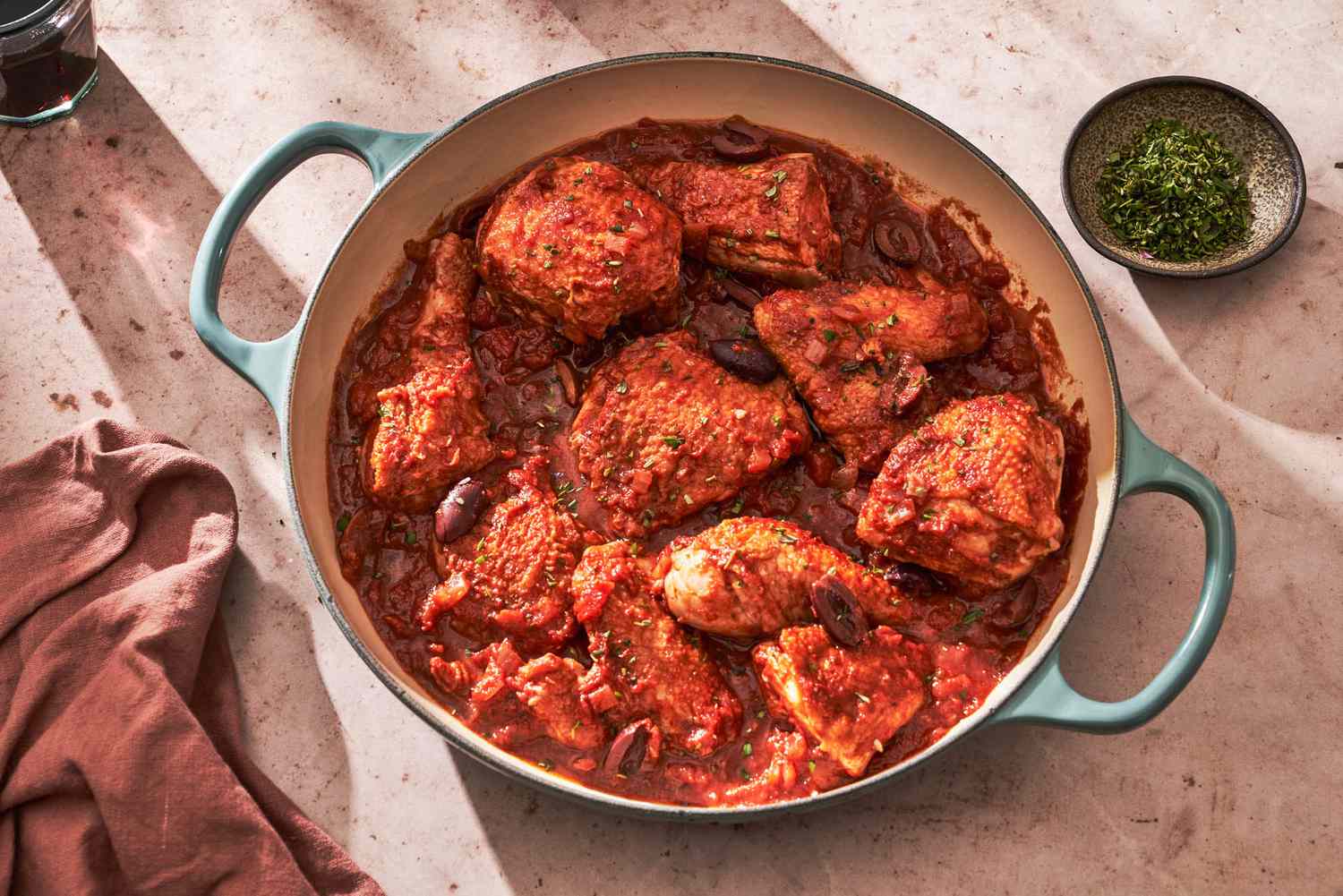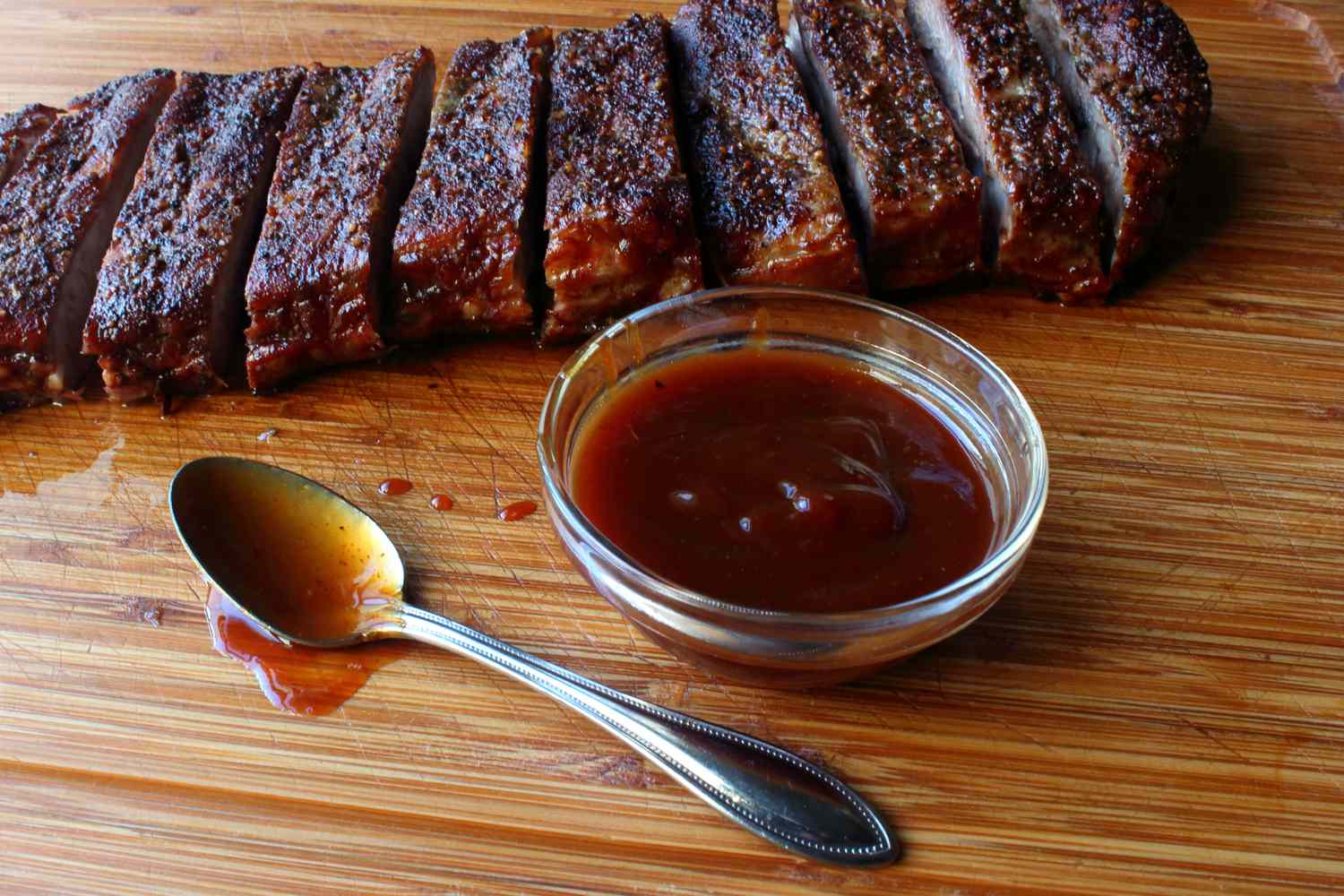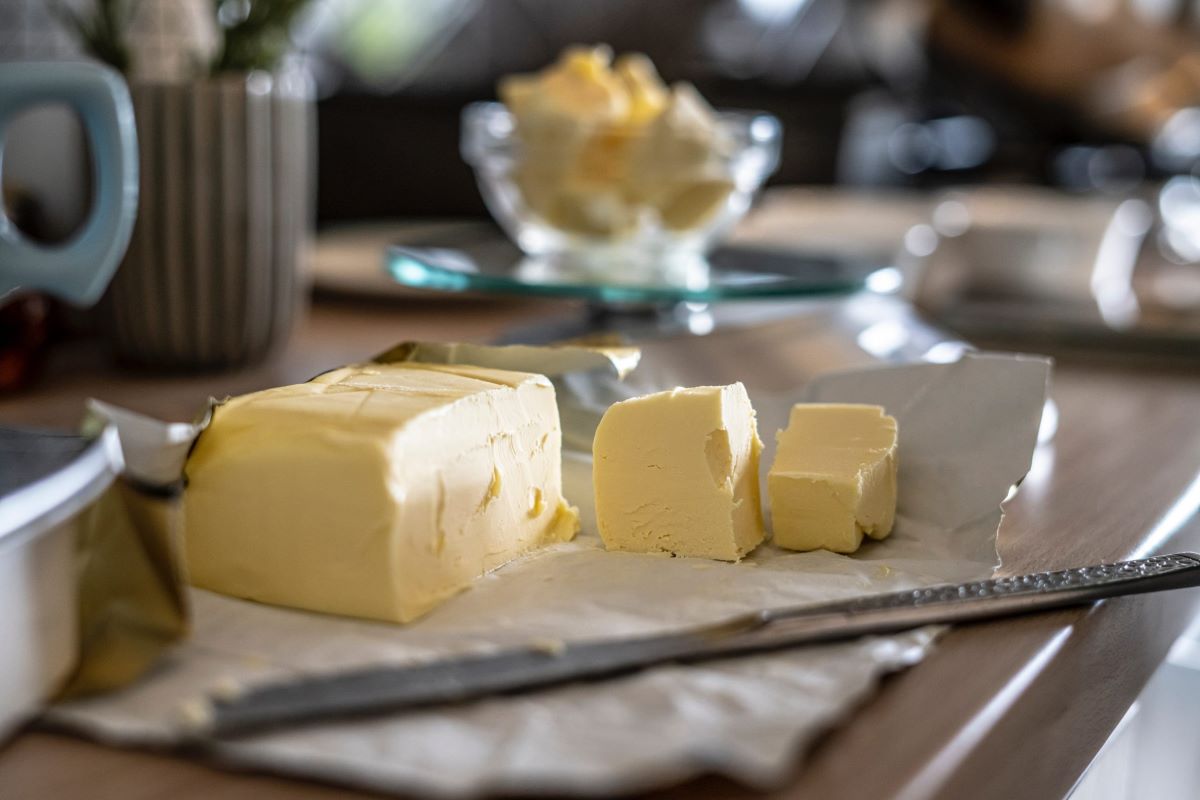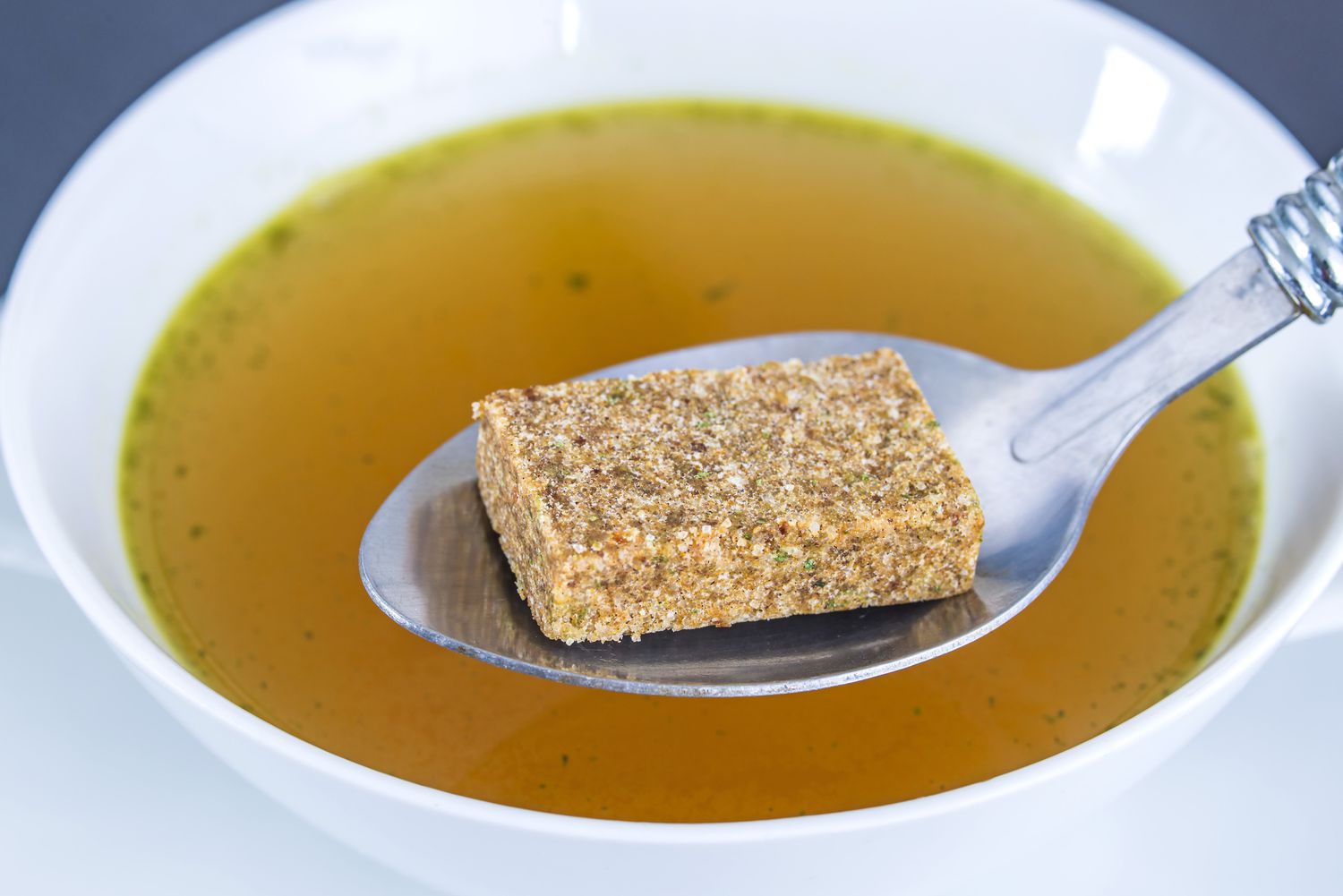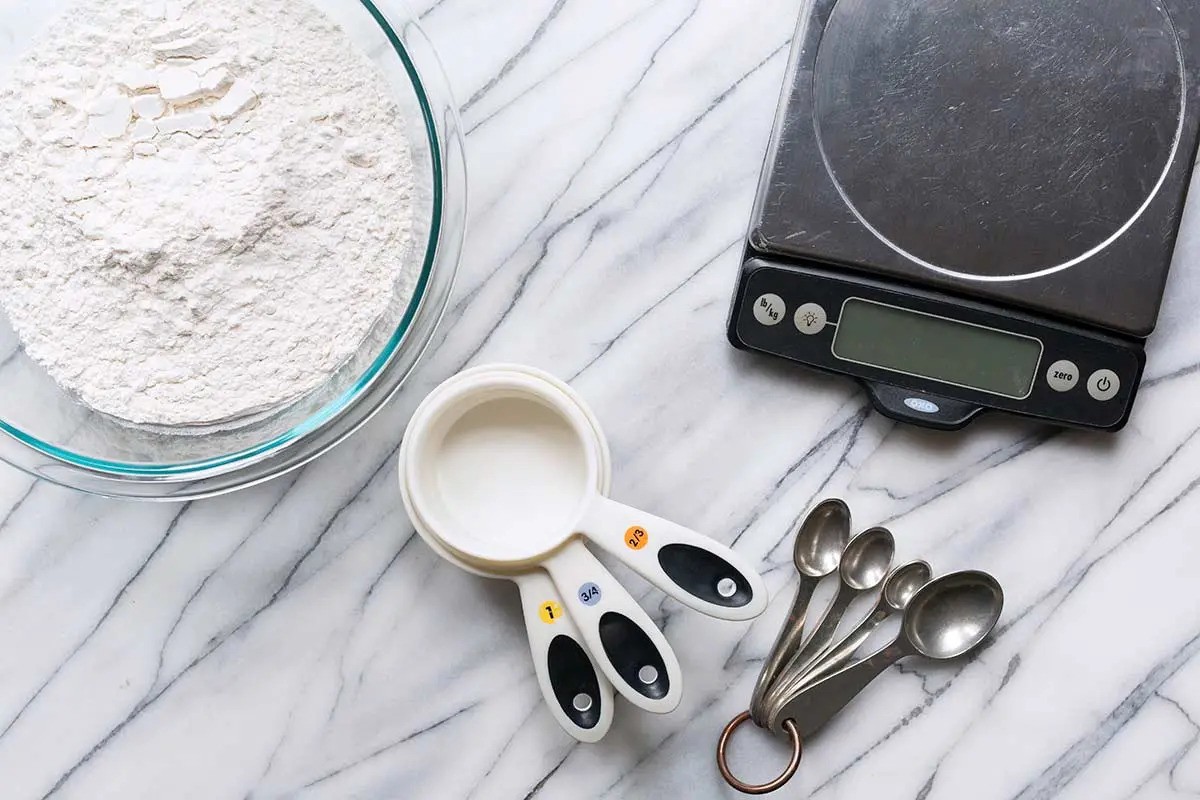Understanding the Black Stuff in Mussels
When you’re enjoying a delicious plate of mussels, you may have noticed a black substance inside the shells. This mysterious black stuff often raises questions and concerns for many seafood lovers. What exactly is this black stuff, and is it safe to eat? Let’s delve into the world of mussels and uncover the truth about this enigmatic substance.
What is the Black Stuff?
The black stuff found in mussels is actually a natural part of the mussel’s digestive system. It’s called the “byssal thread,” and it’s a collection of proteins and other organic compounds that the mussel uses to anchor itself to rocks or other surfaces in its aquatic environment. This thread-like substance is essential for the mussel’s survival, allowing it to cling to surfaces and withstand the forces of waves and currents.
Is it Safe to Eat?
Many people wonder whether it’s safe to consume mussels with the black stuff inside. The good news is that the byssal thread is completely harmless and edible. In fact, it’s often consumed without any issues. When mussels are cooked, the byssal thread becomes soft and blends in with the rest of the mussel meat, making it virtually indistinguishable from the rest of the dish.
How to Handle Mussels with the Black Stuff
If you’re preparing mussels at home and come across the black stuff, there’s no need to be alarmed. Here are some simple steps to handle mussels with the byssal thread:
- Inspect the mussels: When purchasing mussels, take a close look at the shells to ensure they are tightly closed. Discard any mussels with cracked or open shells, as they may be dead and unsafe to eat.
- Cook thoroughly: When cooking mussels, ensure that they are thoroughly cooked to kill any harmful bacteria or parasites. The black stuff will soften and blend in with the rest of the meat during the cooking process.
- Enjoy your meal: Once the mussels are cooked, simply savor the delicious flavors and textures without worrying about the presence of the byssal thread.
Final Thoughts
So, the next time you encounter the black stuff in mussels, remember that it’s a natural and harmless part of the mussel’s anatomy. Embrace the unique characteristics of this delectable seafood and enjoy it with confidence, knowing that the byssal thread poses no risk to your health. With this newfound knowledge, you can appreciate mussels in all their glory and share the truth about the black stuff with your fellow seafood enthusiasts.
Happy eating!
Was this page helpful?
Read Next: What Is Cocido
